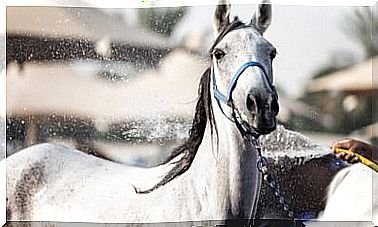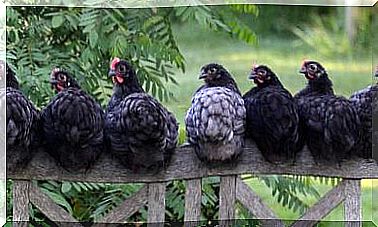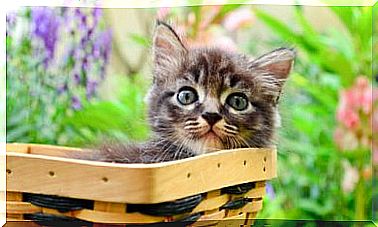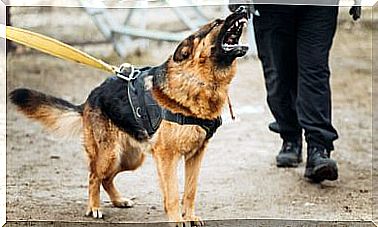Care And Feeding Of Premature Kittens
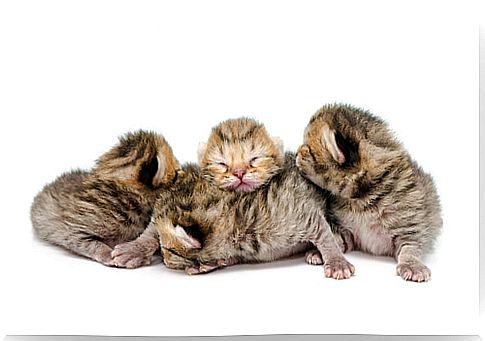
Sometimes, as in humans, female cats give up their puppies before the end of their gestation process, therefore, these kittens will be much more fragile and require more attention than those with a full gestation process.
Caring for a premature kitten can be very difficult and if you do not have the help of the mother, it will be even more difficult to achieve the survival of the animal. However, this is not impossible if you stay alert to the behaviors and needs of the puppies, so we leave you some recommendations on the care you should have with premature kittens :
If you must take care of premature kittens, pay attention to the following elements because you will need them:
Refuge
Cats make shelters where they can hide their cubs while they are helpless. Therefore, they tend to look for dark, small, easily accessible and warm places. You can provide them with a box that can hold the mother and her young, but is not too large, to prevent a calf from being isolated or neglected.
It is very important that the cat finds a pleasant shelter and feels comfortable and safe in it, otherwise it will begin to move the young looking for another place to protect them.
Blankets
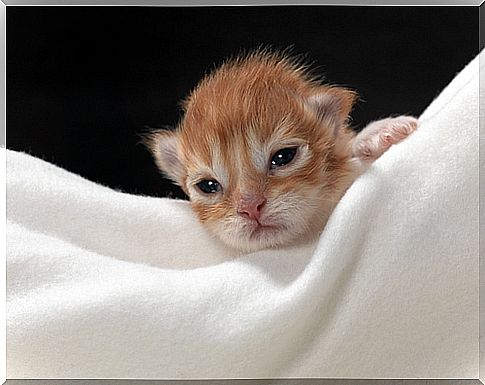
Keeping warm is almost as important to premature hatchlings as their diet . Some are born without skin, so protection against the cold is essential during the first weeks of life, so they will need much more than a comfortable bed. You should control the temperature of the shelter to no more than 30 degrees, as excessive heat is just as bad as cold.
You must be aware that the kittens are always in a warm place, normally this heat is provided by the mother, but the cat must leave the nest to feed or use the litter box. So it is a good option to use an artificial heat source to prevent the kittens from getting cold, for example thermal blankets or hot water bottles under the blankets are good options to meet this objective.
Feeding
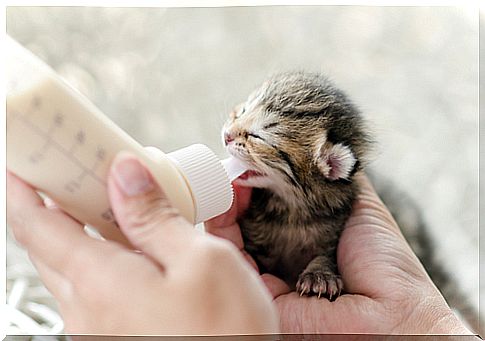
With something that you will have to pay special attention when taking care of premature kittens is with their diet. Newborn kittens should eat about every 2 hours, and when they are over 4 weeks old, they should eat every 4 to 6 hours. The rest of the time they must be sleeping, because at this stage they spend almost 90 percent of the day sleeping and eating.
One way you can tell when a kitten is not well fed is by the amount of time it cries. Puppies of different species use crying for three reasons, hunger, because they left the nest and want to be found or because they are sick. So if you notice that a kitten cries more than its siblings, it may be neglected, hungry, disoriented or having some difficulty.
In case you notice that a kitten is neglected, that the cat does not produce enough milk or you want to help it to shorten the lactation processes, you can use substitute milk for cats, but make sure that it is maternal, remember that cats have different nutritional needs according to his age, and never think of feeding him cow’s milk, you will hurt him.
If it is in its first weeks of life, the best thing you can do is give it food with a dropper or specialized syringe to feed puppies (they usually come with cat milk) then switch to the bottle. You can bring the mouthpiece or false nipple to the kitten’s mouth while the kitten rests on a soft surface, such as a towel. If the head is still not supported, you should cradle it to support it.
Usually instinctively he will latch on to the nipple, but if he doesn’t, push him away and try again. Smear some of the milk on his lips so that he can taste it and if he resists it is better that you take him to the vet, something may be happening with the puppy so that he does not want to eat. Something that you should not try is to induce food with the syringe, he should do it alone, because by forcing him he can bronco aspirate the food, worsening his condition.
Cleanliness
Once it has eaten, you should leave it to the mother to clean it. In case it is not found or it is not, you should clean its back with a damp cotton to remove the feces and prevent it from excessively contaminating the blankets and causing problems derived from poor hygiene.
